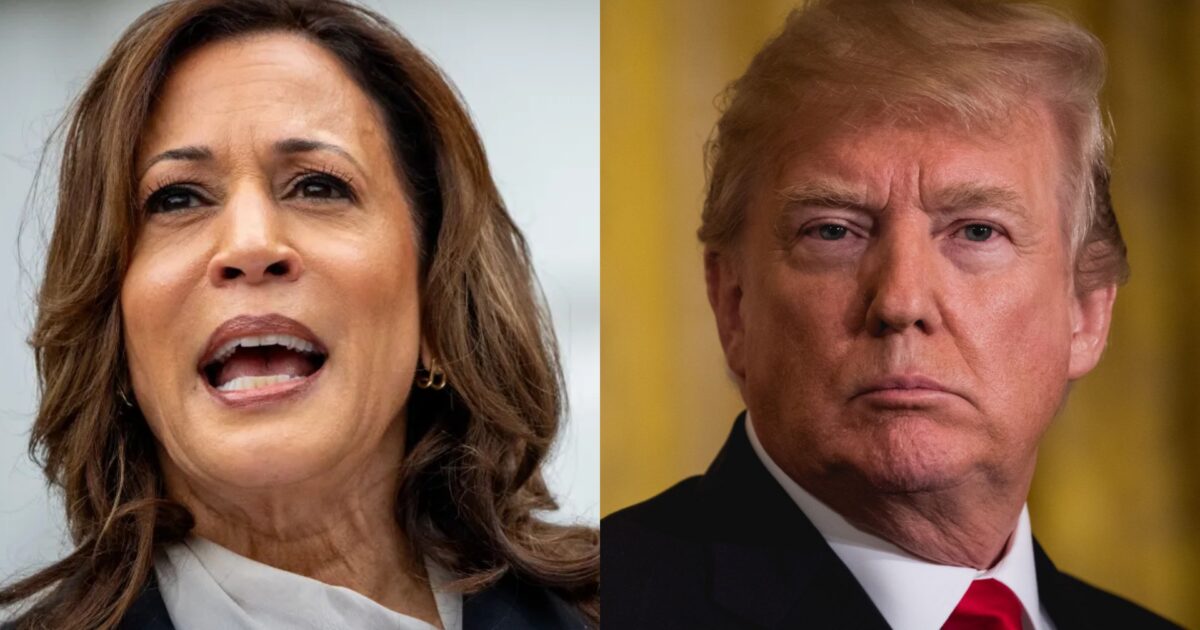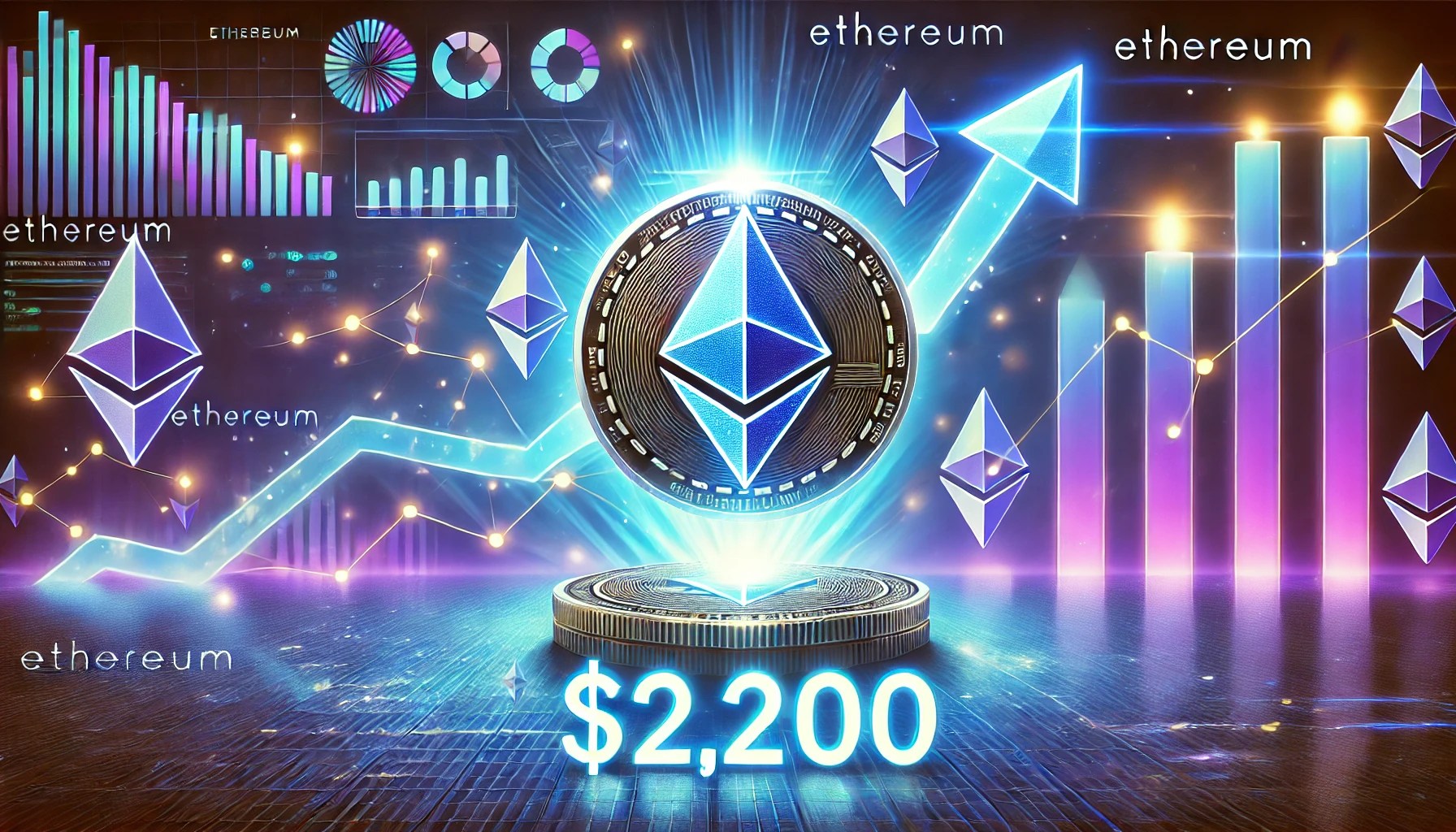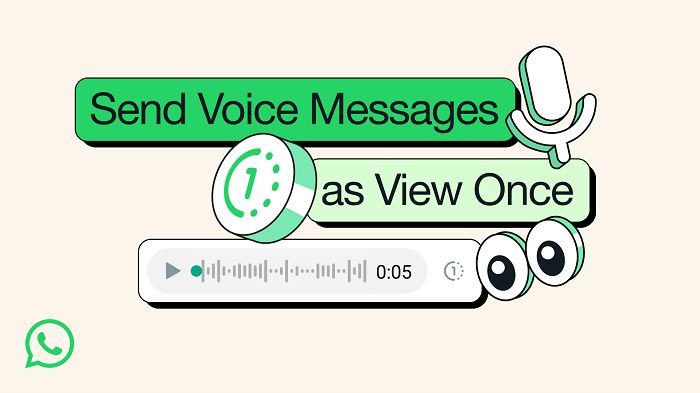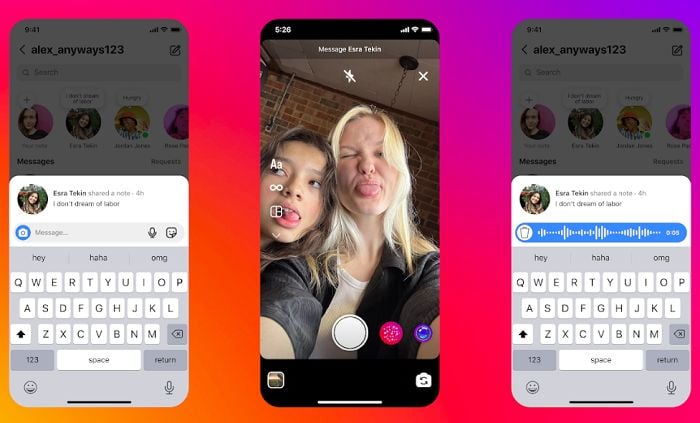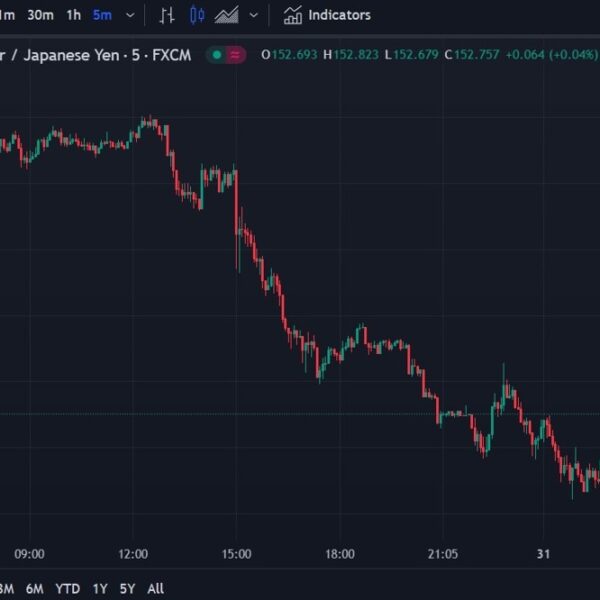As debate over the TikTok sell off bill in the U.S. rages on, even at the highest levels of politics, lingering questions remain as to the threat that TikTok actually poses, and whether it should be banned, based on the available evidence.
Because the public hasn’t been shown a lot, and really, the sell-off push is seemingly only based on vague concerns about TikTok potentially gathering U.S. user data, and the Chinese government potentially holding sway over the content shown in user feeds. TikTok has denied all such reports, and we’ve seen no direct evidence of either. But still, U.S. senators voted overwhelmingly in favor of the bill, based on secret briefings from intelligence experts, which seemingly painted the app as a more risky proposition than the public understands.
So what did these decision-makers get shown that spooked them so much about the app?
Well, this week, as part of the discovery process for TikTok’s legal challenge against the bill, we’ve been given some additional insight into the perceived threat of the app, via the transcript of the original briefing presented to senators about TikTok from security experts.
Though even with this, amid all the redacted notes, it’s difficult to fully understand the scope of the security concern.


As you can see in this example, even within this new disclosure, a lot of the details are blacked out and hidden from the public, though in the above opening statement we see the main focus areas of the investigation:
- Links between TikTok and the Chinese government
- TikTok’s data collection practices
- Chinese foreign influence operations within the app
The key finding from intelligence officials is that TikTok does pose a “latent threat to U.S. national security, because Beijing has legal and economic leverage over these companies, and therefore, significant potential leverage over their operations.”
That’s the foundation of the sell-off push, which the U.S. government will be leaning on to secure its eventual passage, despite TikTok challenging the bill. Legal consensus is that national security concerns generally outweigh other factors, and will ensure that the bill holds up against this challenge.
But again, the specifics here remain opaque, with security officials looking to keep much of the briefing out of public view.


That’s partly why public support for the bill is waning, because we don’t understand the full scope of the concern, and TikTok’s looking to use this to strengthen its opposition to what is effectively calling a ban.
But we do know, according to Justice Department reports, that TikTok has tracked U.S. users’ views on sensitive issues, and has shared that information with its Chinese parent company ByteDance, which is required to also pass on such info with the Chinese government on request. There have also been various reports of TikTok censoring certain issues and perspectives. So there is some public record of such, but it would be helpful to also understand the full scope of the government’s case against the app, as it moves closer to enacting its push.
The briefing notes also cover off on concerns that any app could effectively be policed in this same way, based on similar concerns, which the security officials dismiss due to the required convergence of several factors (large number of users, owned by a foreign adversary). The briefing also goes into other apps that could be similarly risky, though the view is that no other foreign-owned social app has the influence that TikTok does at this time.
So again, the info is limited, but the transcript does answer some of the key questions about the TikTok sell-off bill, and why the app is being targeted by officials.
So will TikTok actually be forced out of the U.S.? Chinese officials have repeatedly stated that they’d rather see it banned than sold into U.S. ownership, and the government remains confident that it will win in the legal challenge. So yes, it seems likely, though presidential candidate Donald Trump is also telling voters that he will save the app, if he’s voted in.
There’s a lot to go yet, and it could really go either way.

